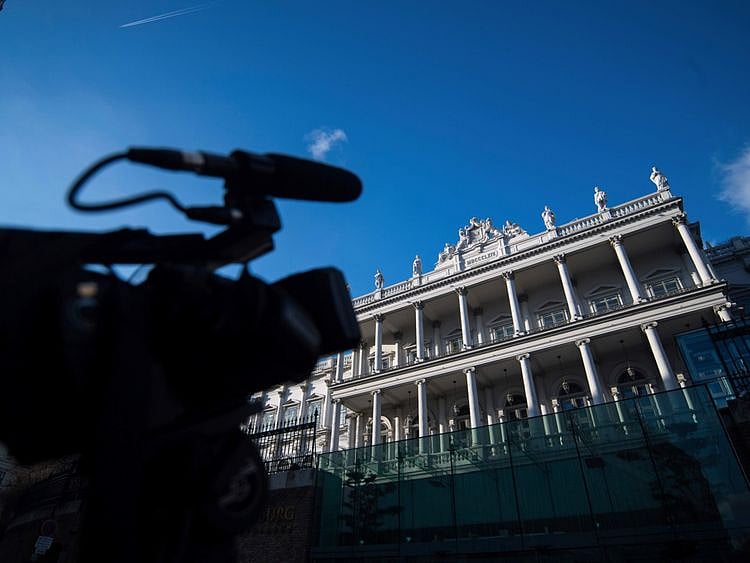Washington The Biden administration still sees no “pathway back” to a revived nuclear deal with Iran after the latest round of talks in Vienna even though world powers including Russia and China are unified, National Security Adviser Jake Sullivan said Friday.
“It’s not going well in the sense that we do not yet have a pathway back” into the Joint Comprehensive Plan of Action, the deal that former President Donald Trump quit in 2018, Sullivan told the Council on Foreign Relations. Restoring mutual compliance with the deal “has proven more difficult over the course of this year than we would have liked to see,” Sullivan added.
Sullivan’s remarks were yet another reminder of how little progress there has been in the seven rounds of talks in Vienna, the latest of which resumed last week following nearly a six-month break. After some early progress, officials have said the negotiating team of Iran’s new president, Ebrahim Raisi, have made demands that set the talks back and have been impossible to meet.
The silver lining is that the US and Europe are finding rare common ground with Russia and China in talks aimed at bringing Iran back into compliance with the 2015 nuclear deal even as Tehran’s “breakout time” to have a nuclear weapon grows shorter.
“What is going well, is unity with our European partners, greater alignment with China and Russia,” Sullivan said. “And I think an increasing recognition by Iran that it needs to come to the table in a seriously constructive way, and that our patience is by no means unlimited.”
Progress in Vienna has remained stalled while Iran has continued to ramp up nuclear enrichment activities that leave it ever closer to having weapons-grade uranium. US and European officials on Tuesday issued stern warnings that time was running out for Iran to revise a set of draft proposals presented in the Austrian capital last week.
US officials haven’t said what their “plan B” would be if talks fail or Iran makes so much progress that returning to the 2015 accord is effectively meaningless.
For now, the Iranian nuclear talks are a priority concern for the Biden administration and will be very much at the centre of diplomatic efforts during the first quarter of next year, a separate senior US administration official told reporters Friday while reviewing President Joe Biden’s Mideast diplomacy in 2021.
Earlier this week, Secretary of State Antony Blinken suggested that the US could soon shift its attention away from attempting to resurrect the 2015 accord. The warning came as France, Germany and UK negotiators signalled they were “rapidly reaching the end of the road” in the nuclear talks, according to a statement.
Perhaps in response to the diplomatic pressure, Iran and nuclear monitors with the International Atomic Energy Agency struck an agreement allowing the United Nations body to replace cameras at a key atomic research site near Tehran.
The decision on reinstalling the cameras - a major demand of the IAEA - at a centrifuge workshop that was attacked in June is “an important development” that would allow inspectors to “resume necessary continuity of knowledge,” according to a statement from the Vienna-based body.
Despite the Biden administration’s professed interest in shifting its foreign policy focus to Asia, Middle East issues continue to be a priority as well, the official said, adding that Biden’s daily national security briefing always includes one or two items from the region.
Sign up for the Daily Briefing
Get the latest news and updates straight to your inbox
Network Links
GN StoreDownload our app
© Al Nisr Publishing LLC 2026. All rights reserved.
